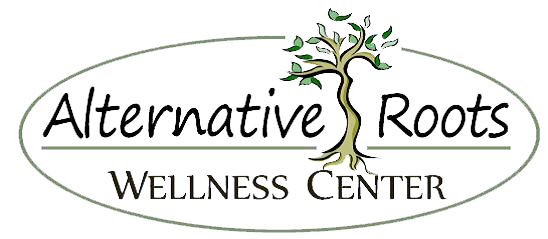On The Side: Whole Foods vs Supplements
It seems that as soon as a new nutrient or diet is hailed a savior, the internet moves on to tell us exactly why the claim is categorically wrong. This is why nutrition as a subject has remained so confusing for most people.
The biggest issue at hand here is the gap between nutrition research and the way results are presented to the general public; usually via attention grabbing headlines or catchphrases. Any fine print in the study that discusses its practical application or provides disclaimers is left unaddressed. After all, a statement like “Chocolate is good for you” grabs more eyeballs than a headline with disclaimers about the specific type of chocolate used, how it was prepared, or the criteria by which the study participants were chosen.
Research is an exact endeavor where every step is consistent and repeatable. It is easier, therefore, to study the health effects of a single anthocyanin (present in high quantities in a fruit like blueberries) instead of the whole fruit whose composition might change depending on season, growing conditions, etc. The other problem is the never-ending list of supplements which promise the most for the least amount of effort.
We need to remember to step back, look at the bigger picture and focus on introducing the whole food into our diet rather than a new pill. Whole foods eaten in sensible combinations rather than taking processed foods, pills or powders will provide you with all the nutrition you need to maintain a healthy lifestyle. To determine if you need any specific interventions, it is best to consult a healthcare professional so that any treatment or lifestyle modification, if needed, is catered to your specific needs.
